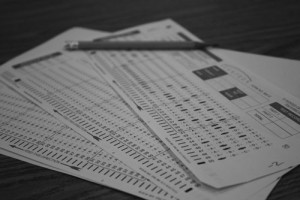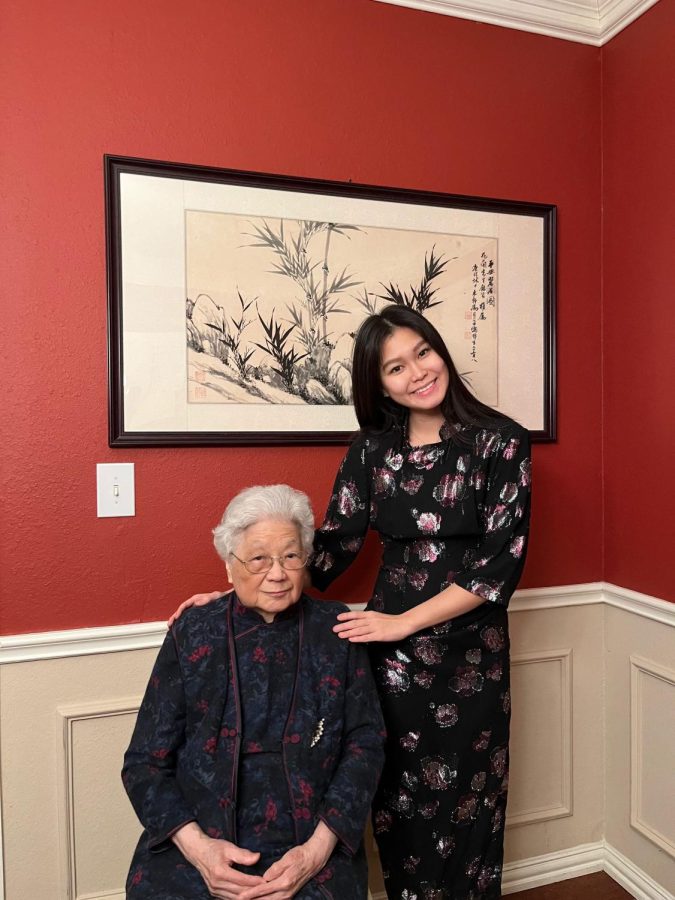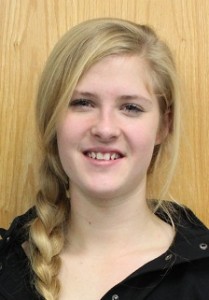 Increased coffee intake, large bags under the eyes, sweat pants and the lovely chill in the air can mean only one thing: exams. The school is buzzing with stressed students carrying overstuffed backpacks. Everyone is cramming loads of information in their heads hoping to receive an A on their exam. The long standing question remains: what is the most effective method of studying?
Increased coffee intake, large bags under the eyes, sweat pants and the lovely chill in the air can mean only one thing: exams. The school is buzzing with stressed students carrying overstuffed backpacks. Everyone is cramming loads of information in their heads hoping to receive an A on their exam. The long standing question remains: what is the most effective method of studying?
“Usually I study a day or two before the exam,” senior Mike Coopman said. “But that is more for my harder subjects or subjects that I enjoy.”
Students tend to believe that studying the night before the exam is an efficient way to maximize their grades.
“I am pretty much a memorizer,” Coopman said. “Studying the night before is sufficient for me as long as I start early.”
Studies have shown, however, that the human brain learns much more effectively when it is given more time to absorb information. When a student spaces their studying out over a set number of days or weeks, it allows for the brain to be able to trigger its long term memory and the information will stick more easily. When students choose to cram information in their heads the night before a test, the brain is only operating with its short term memory and will have a harder time retaining that information.
“An important part of studying is allowing for it to be a review,” Coopman said. “You cannot learn in one night what you were meant to learn over a semester.”
One of the most effective ways to study is to be a diligent student during the semester. The work that is put in at the beginning of the semester is reflective of the final exam grade. Studies show that the biggest key to doing well on an exam is preparing ahead of time, by being involved in class, staying on top of the coursework and taking detailed notes.
“For me I think if you pay enough attention in class that is studying on its own,” senior Walter Edstrom said. “You supplement studying at home. However studying the night before the exam is important, it is like a warm-up for a brain.”
There are many helpful tools that students have at their disposal when it comes to studying. There are prep books sold at local book stores and free tutoring programs online. However, one of the biggest resources that most people forget about is study groups.
“Group studying is effective because you get a little pool of ideas together,” senior Scott Ellis said. “You get to take a little something from what each person knows and learn more about a subject.”
Though most students do not want to face the music, studies indicate that procrastination is a hindering force in the effectiveness of studying. Students should not be passive learners, but rather, active learners. Being involved throughout the entire semester is the most important study tip given by researchers.
“Information should be accumulated over time,” junior Drew Megura said. “Studying is a process that takes time and dedication. If you want an A on your semester exam it starts the very first day of school.”









